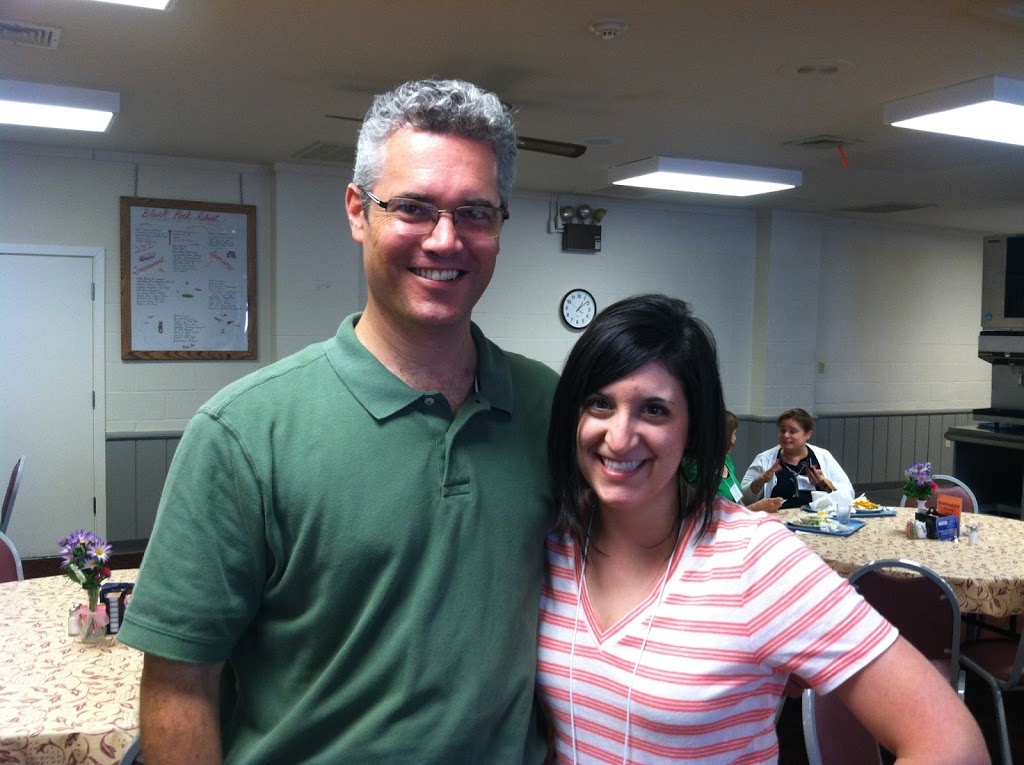It is with sadness and gratitude (and admittedly more drama than necessary) that I bid a fond farewell to a piece of the past with which it is hard to part:
Google Reader.
For years, the site aggregated all the posts from my favorite blogs into a single feed. When Google announced awhile ago that Reader would retire July 1 (which is tomorrow), part of me panicked. The other part of me breathed a sigh of relief because I subscribe to 713 blogs and ain’t nobody got time for that.
In importing my subscriptions from Google Reader to Feedly (which is literally the easiest thing I ever have done on the Internet) (What up, one click?), I scrolled through posts in my collection and hoped the demise of the reader most of my friends use doesn’t mean good blogs now will go unread.
For you who use feeds like Feedly to read blogs and for you who don’t, here are six you have to see if you haven’t seen them yet:
EntreCatholic: My friend and fellow blogger Ryan Eggenberger runs and writes EntreCatholic.com, which features how-to’s and tips for people who plan to embark on the New Evangelization, plus commentary on Catholicism and life. Ryan interviewed me about sex and stuff once, which was super fun and is on video here.
Hell Burns: Sr. Helena Burns is a Daughter of St. Paul who has a flair for fusing Theology of the Body (TOB) with everything. On her site, Hell Burns, Sr. Helena reviews movies and rightly promotes her own (nuns can be filmmakers, too). She educates readers in TOB and media literacy, and her penchant for hockey is as infectious as her sense of humor.
Edmund Mitchell: Friend and fellow blogger Edmund Mitchell is one of my favorite Catholics. He is a youth minister, husband, and dad who has passions for the Catechism of the Catholic Church and for using it in the New Evangelization. He blogs at EdmundMitchell.com, where he interviewed me once (about sex and stuff, naturally).
All Groan Up: As I near the end of my 20s (I will be 28 on November 7. Mark your calendars.), it is with knowing laughter that I read what Paul Angone writes. Paul’s blog All Groan Up is designed to help 20-somethings navigate that awkward moment when you discover you don’t know how you feel about adulthood (among the many other awkward moments of our twenties). His book 101 Secrets For Your Twenties releases tomorrow (expect my review at the end of the month).
Evangelical to Catholic: Anthony Elias is a friend, fellow blogger, and newlywed, who – as the name of his site implies – converted from evangelicalism to Catholicism a couple years ago. On his blog, he writes about Protestantism and Catholicism from a unique perspective, knowing from experience both what it is like to be averted to Catholicism and to be totally Catholic.
AKA Jane Random: Paula Claunch, AKA Jane Random, is probably one of the funniest bloggers I have encountered. If you need proof, read about the time she “stepped on a rock.” (Trust me.) At AKAJaneRandom.com, Paula writes of life as a parent and wife, with humor and insight, worth a subscription on whatever feed you’ve found to replace your Google Reader.
– – – –
What are your favorite blogs?





